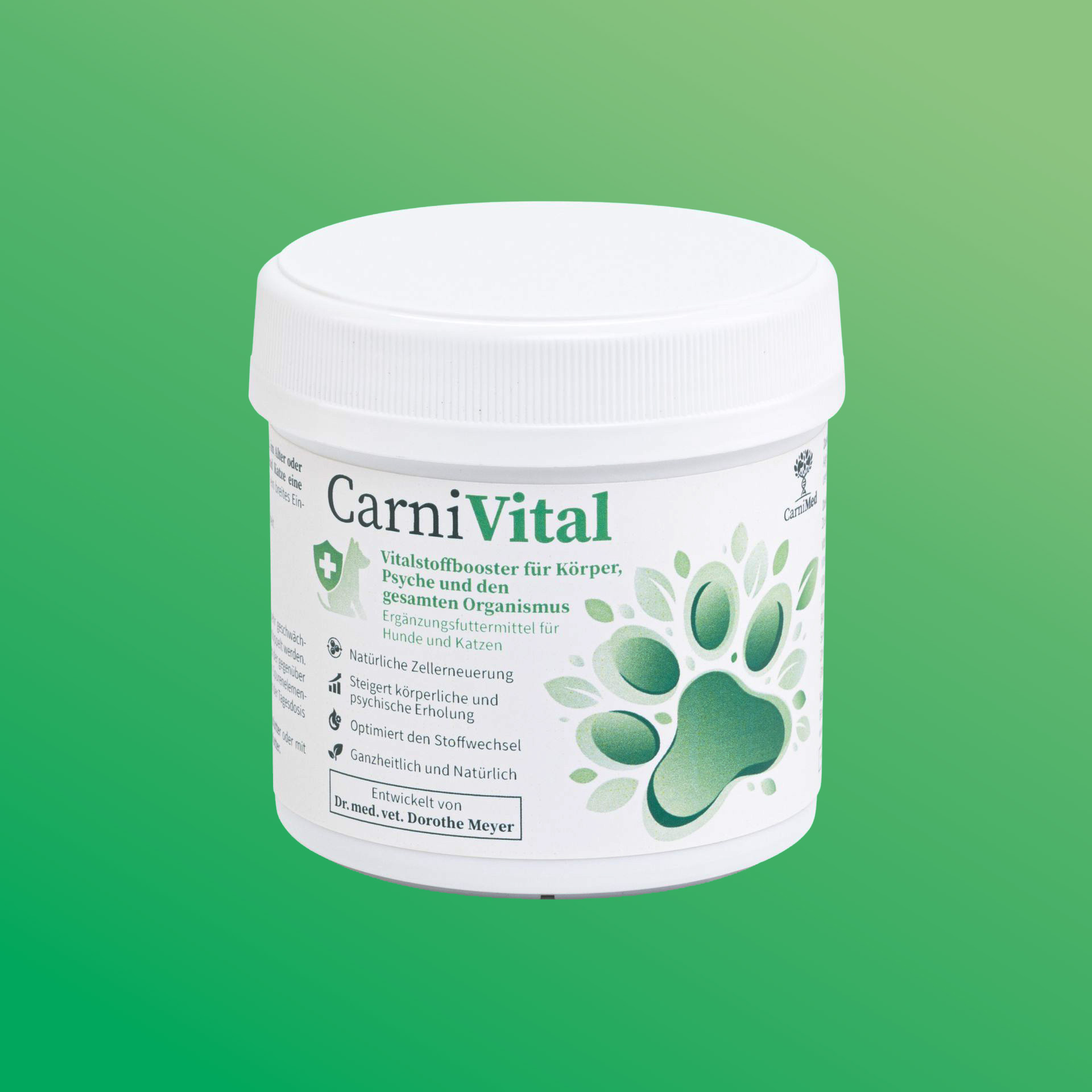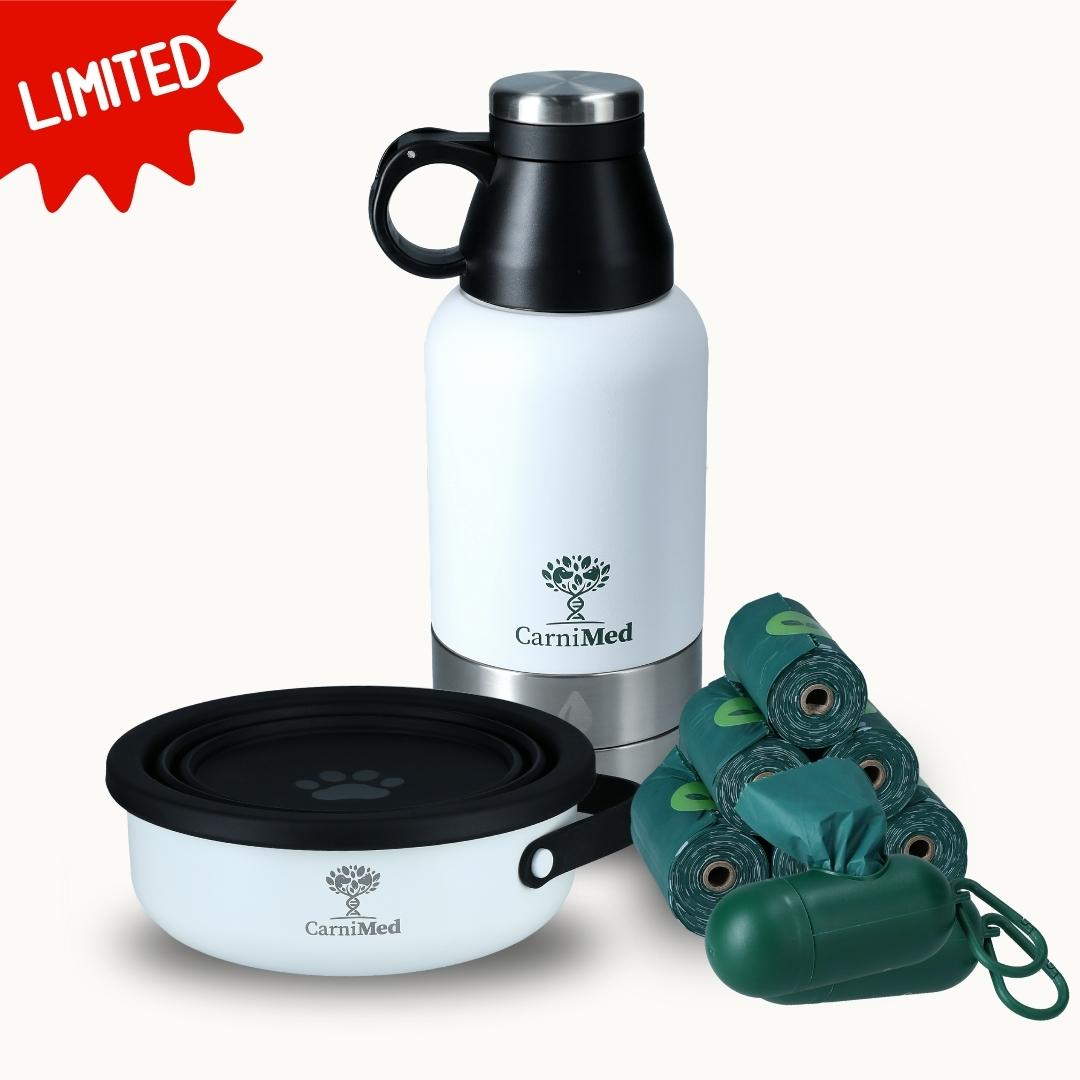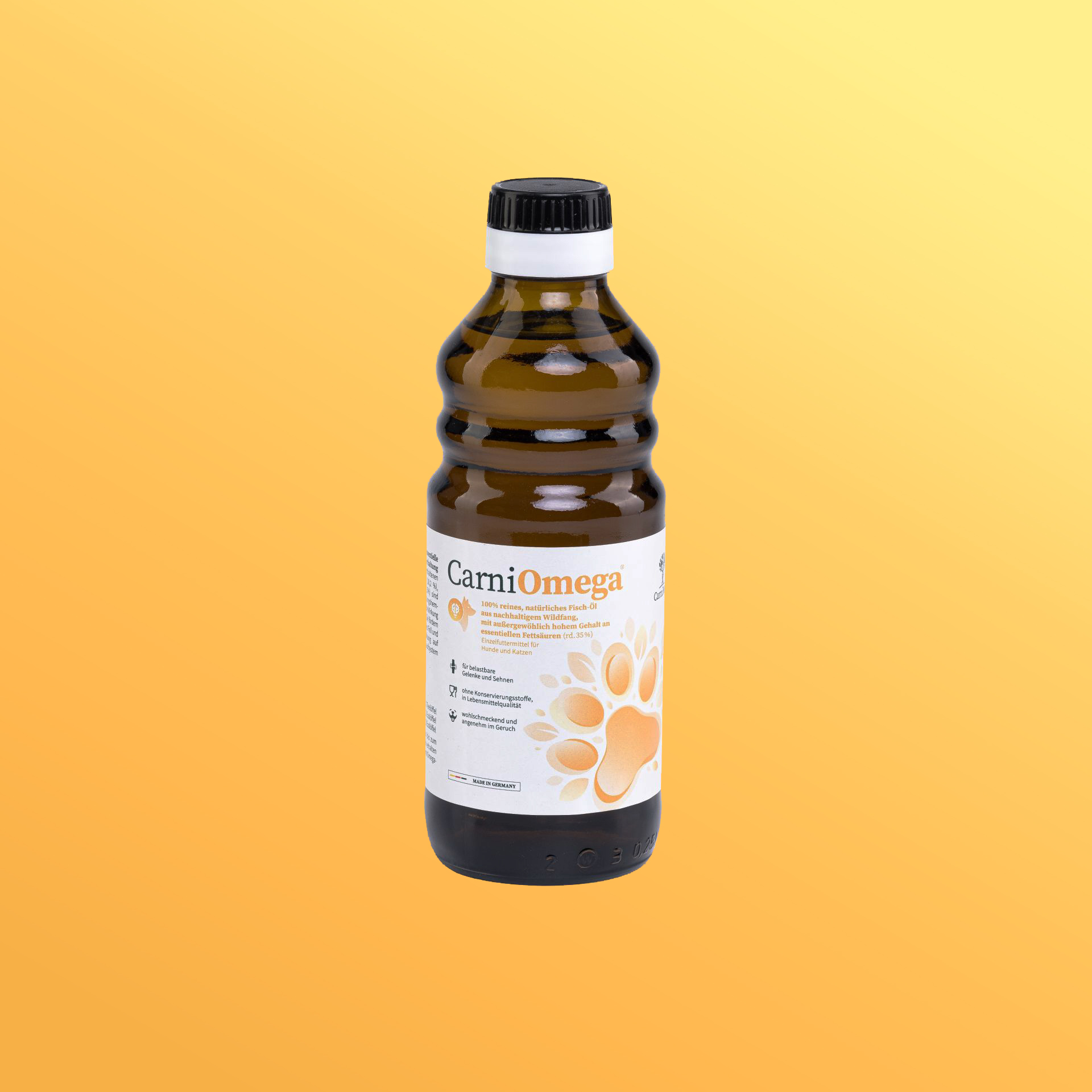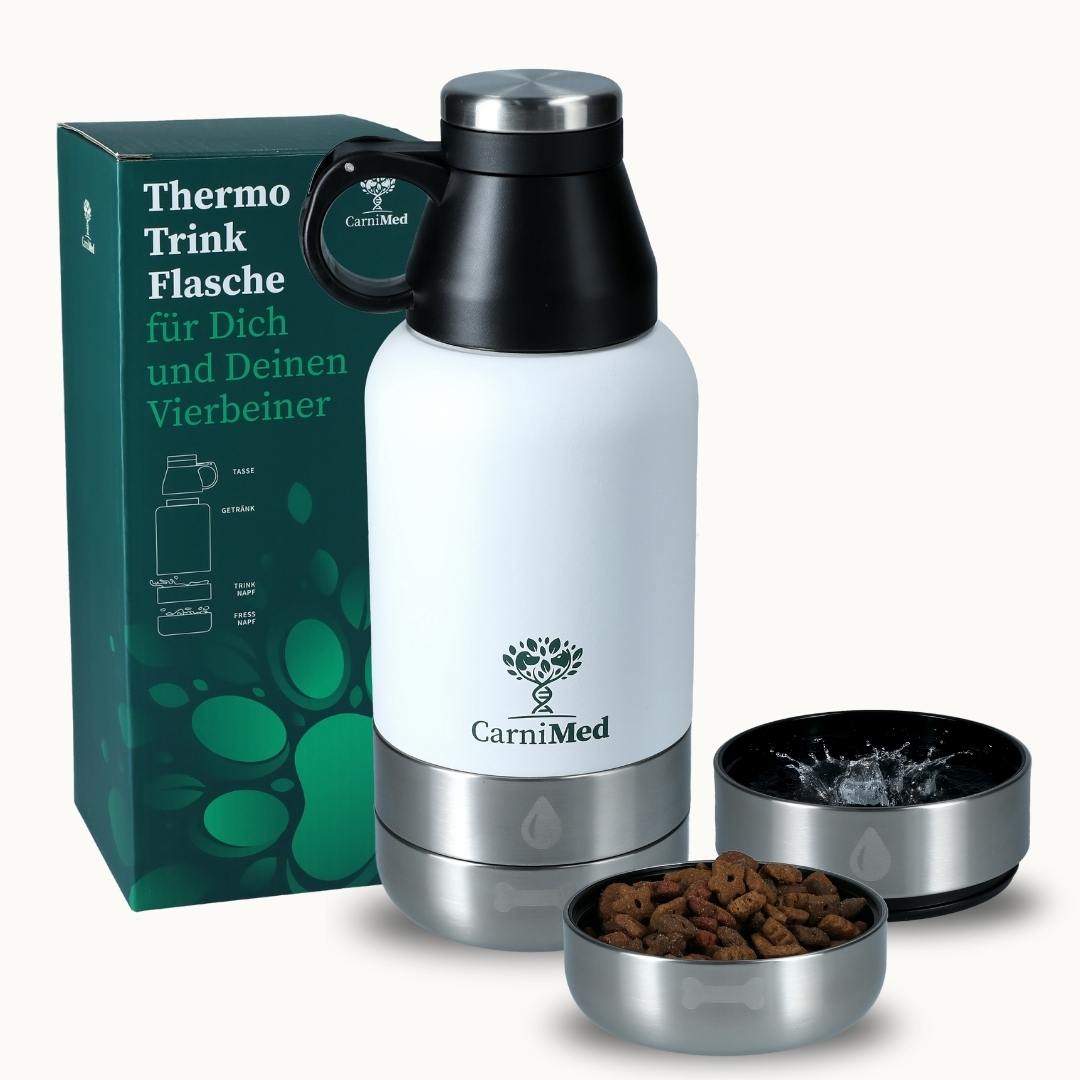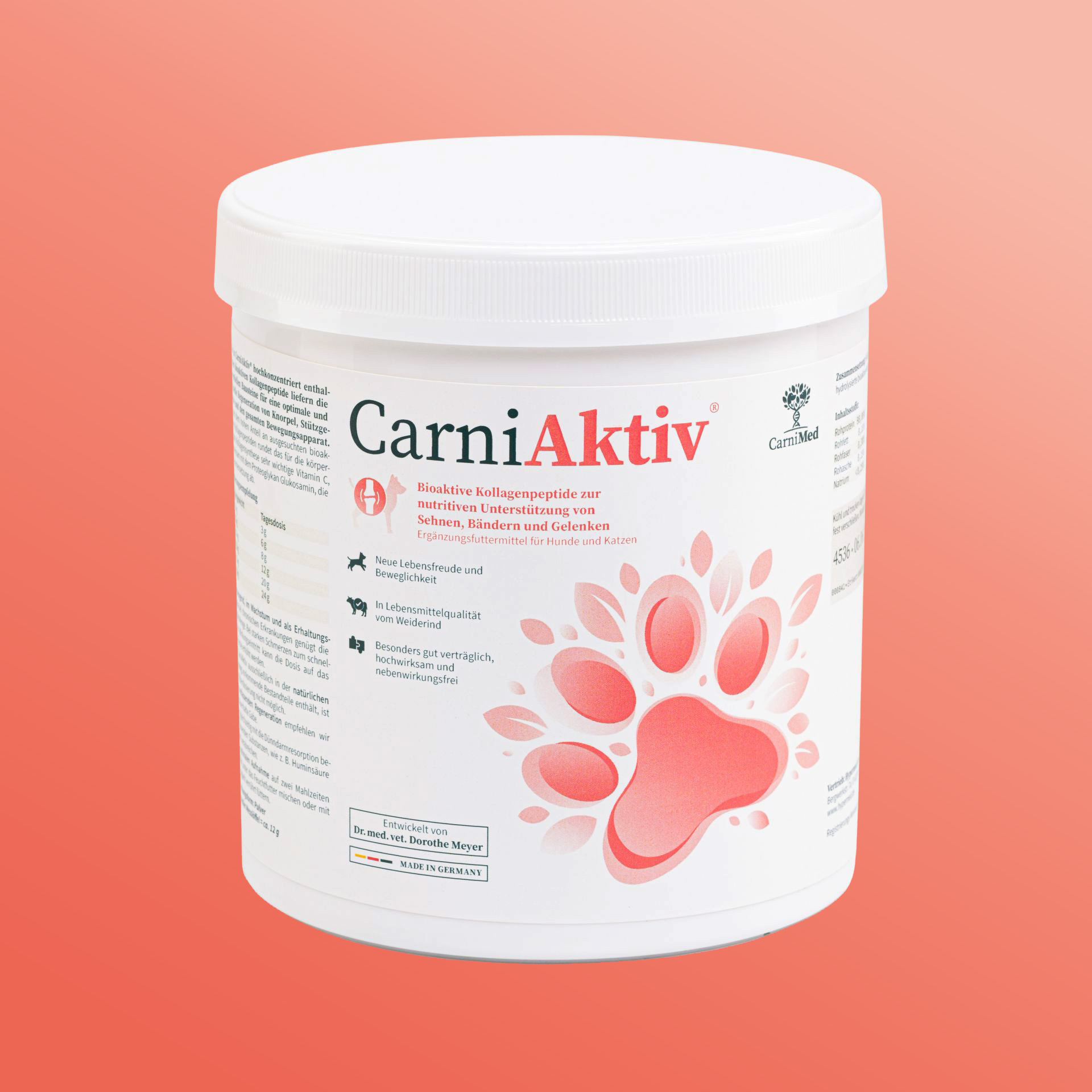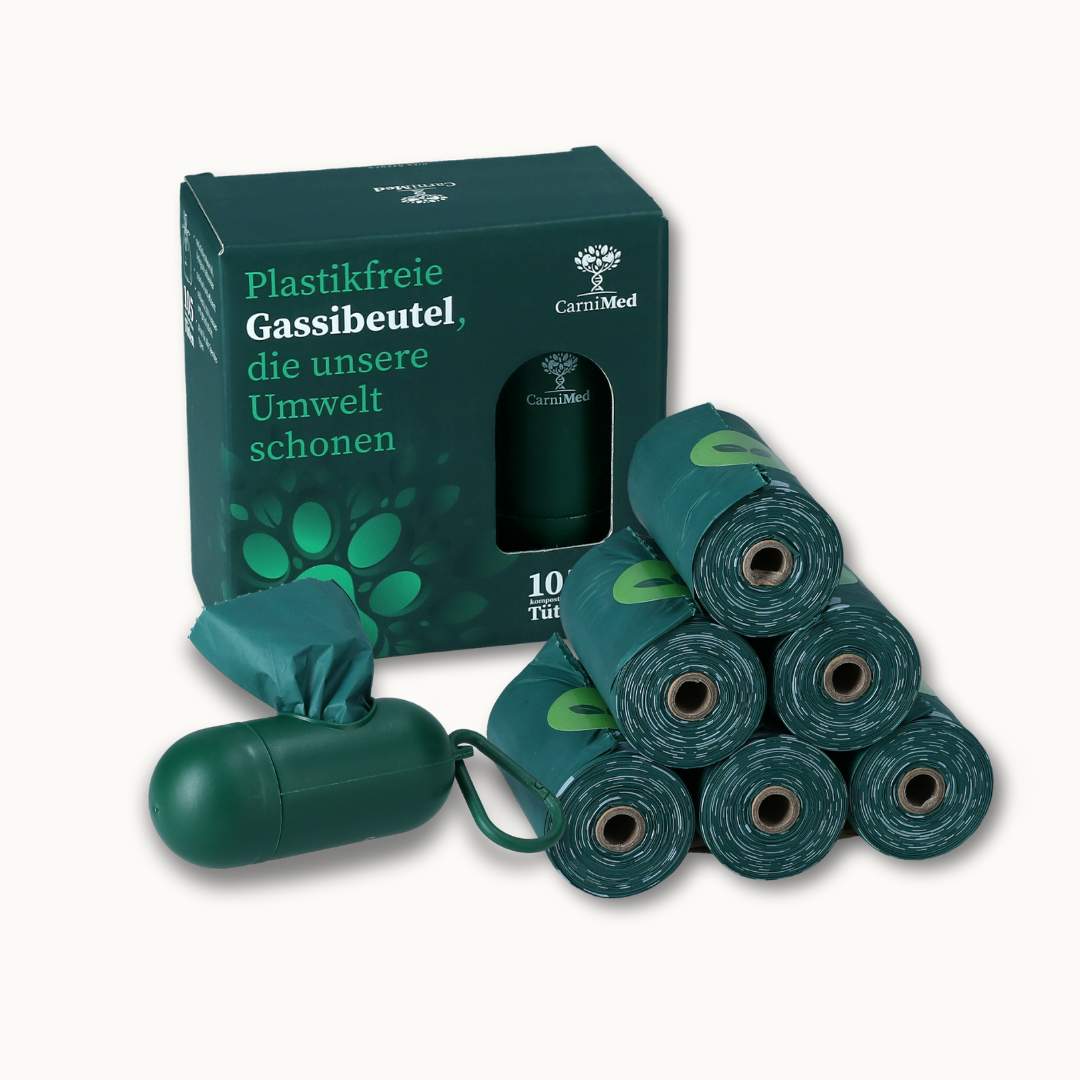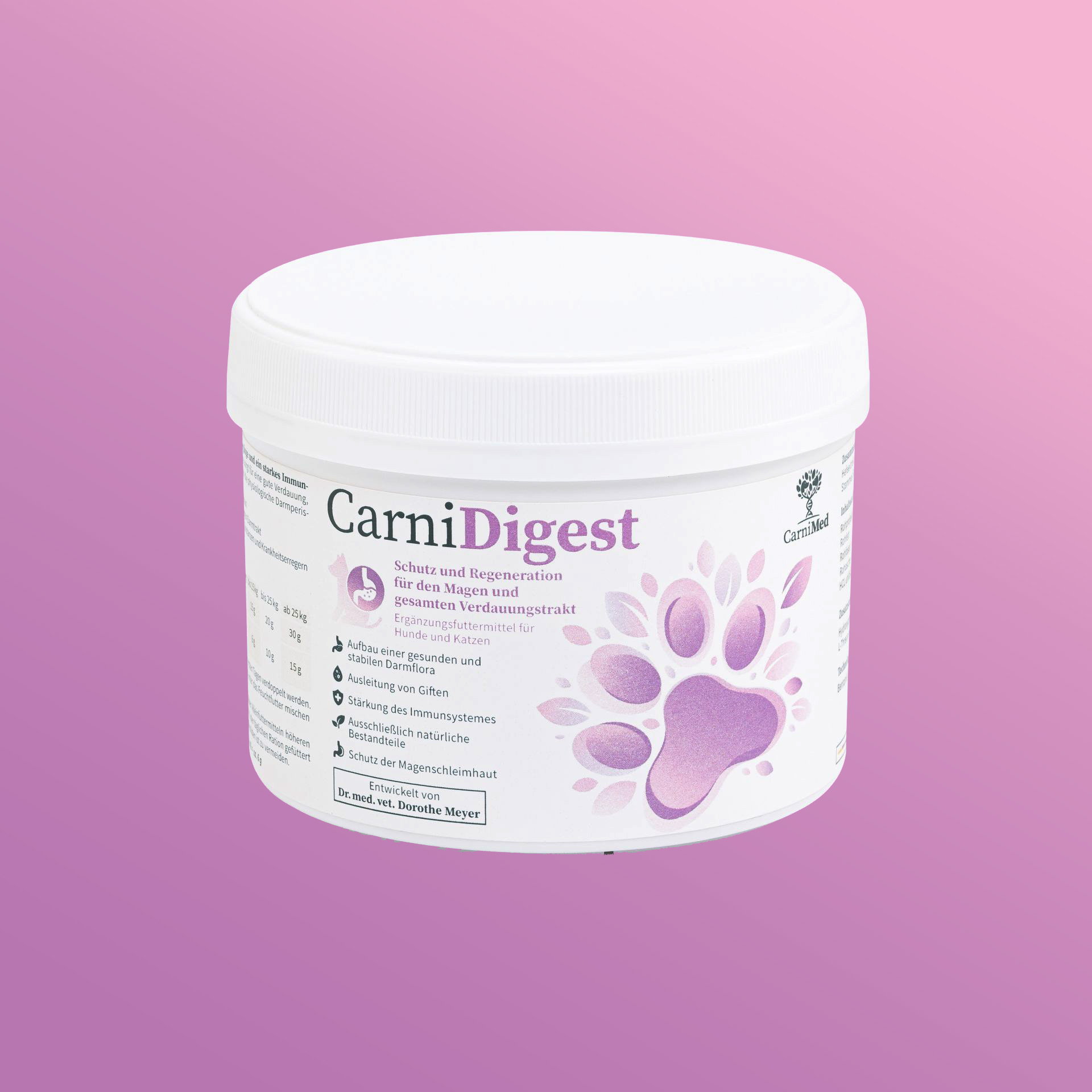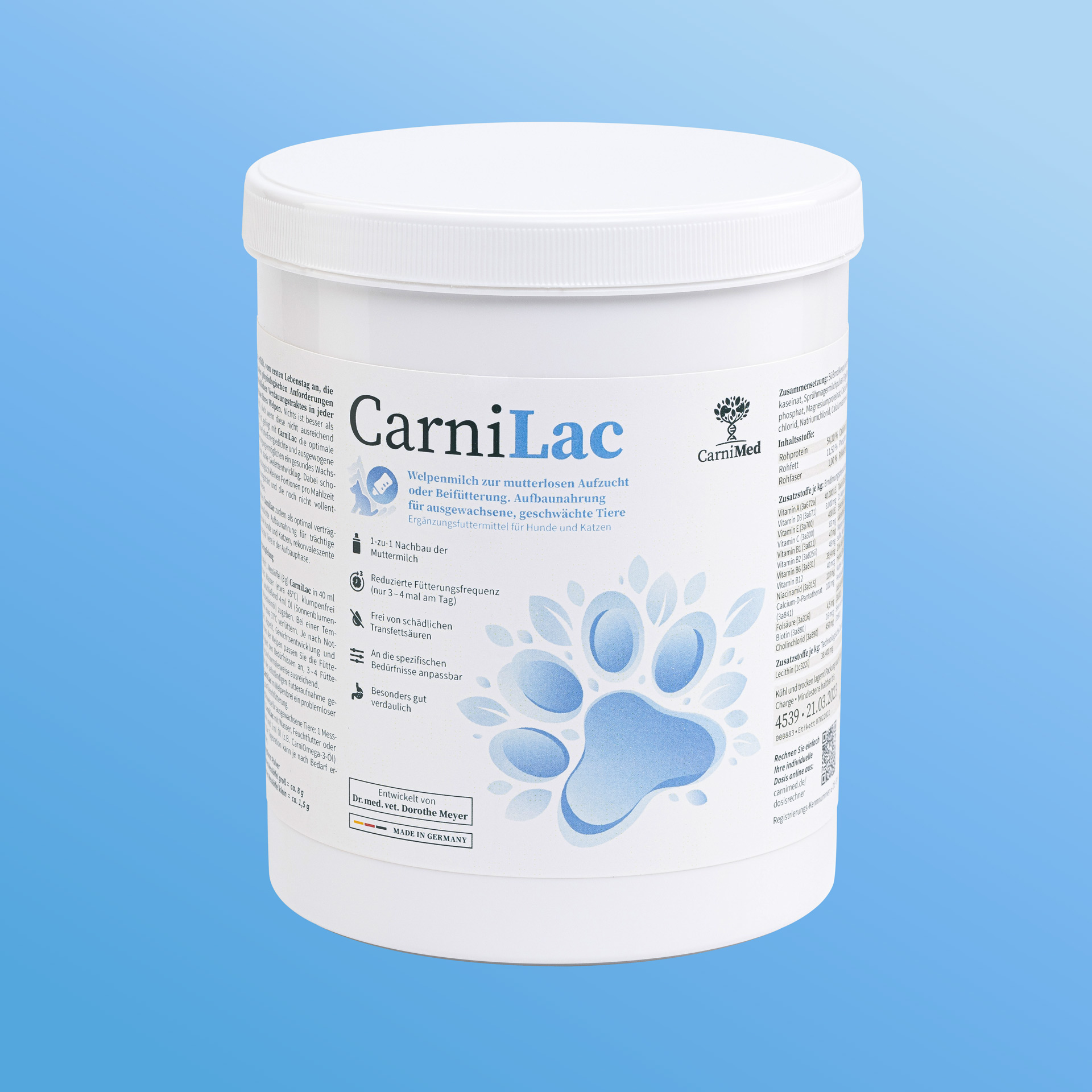



























CarniLac - Premium Aufzuchtmilch
- nahezu identisch zur Muttermilch
- Reduzierte Fütterungsfrequenz (nur 3-4 mal am Tag)
- Besonders gut verdaulich und daher weniger Durchfall und Blähungen
- Frei von Emulgatoren, Transfettsäuren
- CarniLac Notfallpartner wenn es eilt!
This product offers other products in a discounted bundle! Benefit from the curated combinations and discounts!

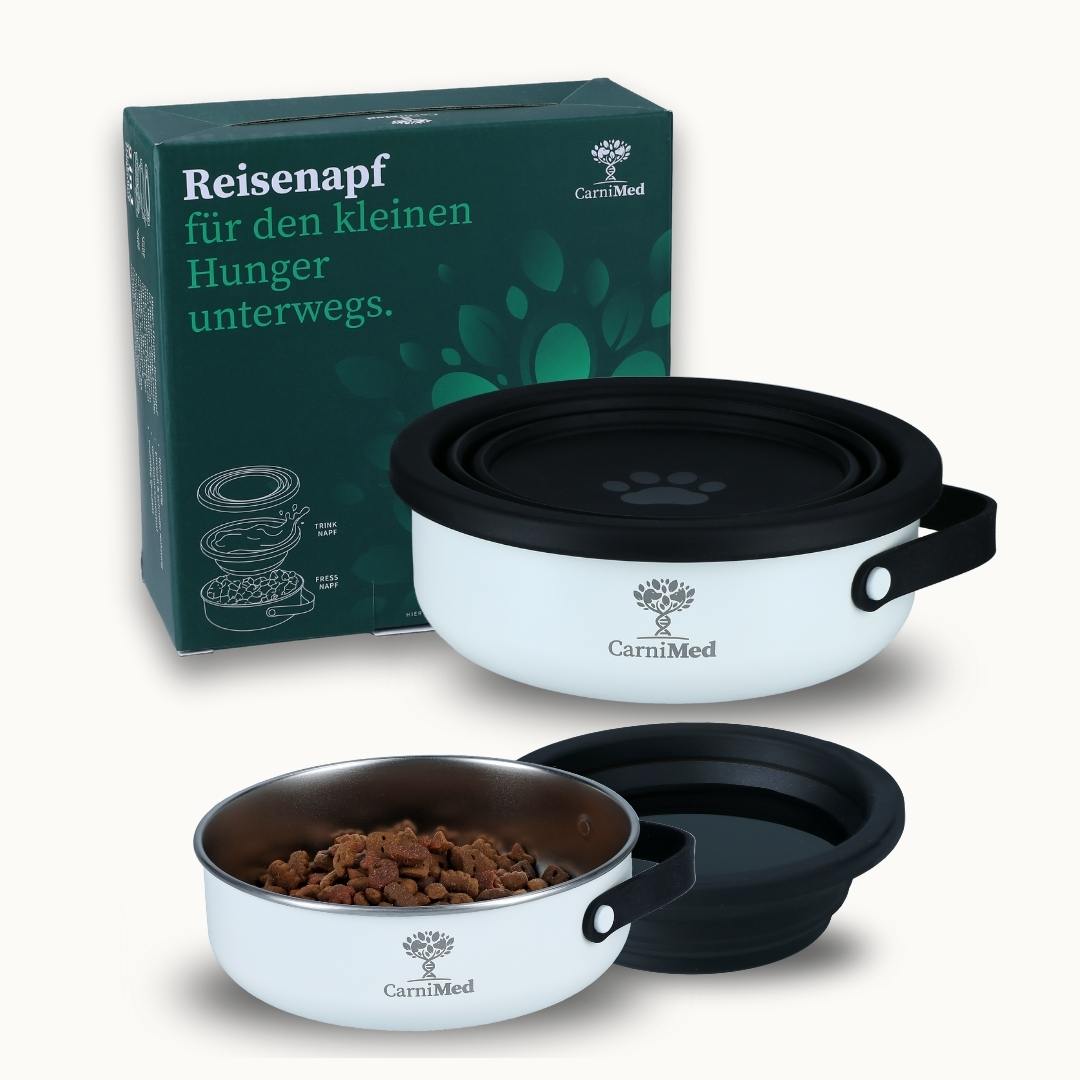


- frei von Emulgatoren
- besonders gut verdaulich
- ohne schädliche gehärtete Fette
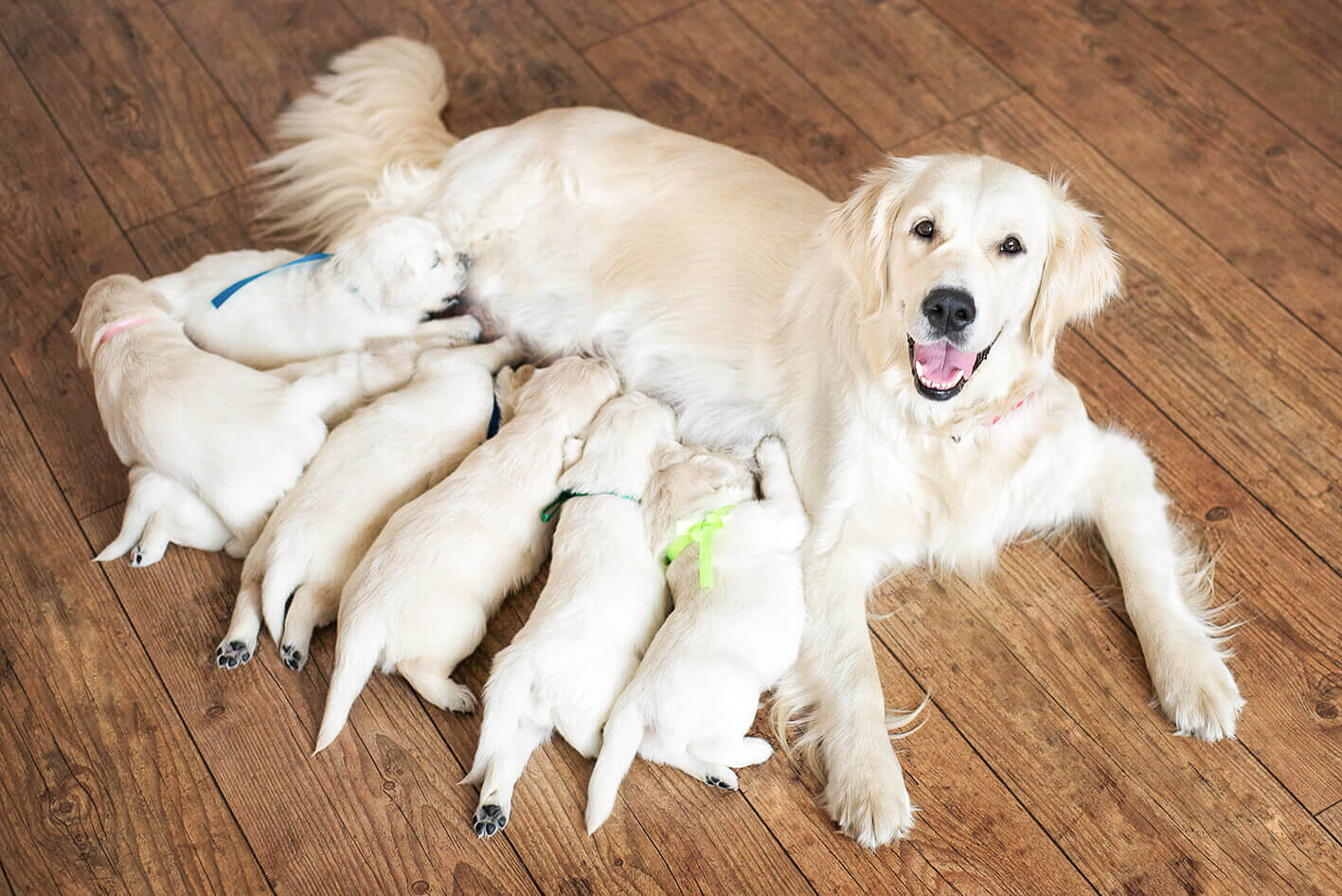
The revolution of puppy milk & rearing milk
CarniLac
- 1 to 1 replication of breast milk
- Reduced feeding frequency (3-4 times a day)
- Free from harmful trans fatty acids
- Restorative food for adult and weakened animals
- Particularly easy to digest
Puppy milk from the first day of life to puppy mash, supplementary food for adult and weakened dogs.
Nothing is better than mother's milk, but if this is not available at all or not enough CarniLac will help your puppies to grow up optimally. The high energy density and balanced protein supply enable healthy growth and strong skeletal development.
- Avoids the dreaded diarrhoea and is particularly easy to digest.
- 1 -to -1 replica of mother's milk
- due to the naturally high energy density, only three to four feedings per day are required
- protection and optimal strengthening of the body's defences
- protection of the sensitive gastro-intestinal tract and kidneys
- without hydrogenated vegetable oils and therefore free from trans fatty acids
- recommended by vdh breeders
the best is undoubtedly nature, but CarniLac is the healthy alternative for:
Puppies
- complete food for problem-free motherless rearing from day one
- healthy supplementary food for puppies in the rearing phase
adult animals
- optimally compatible calorie-dense supplementary food for pregnant and lactating breeding bitches and cats
- for convalescent, weakened and emaciated animals as well as poor eaters and for dogs with sporting requirementsn
CarniLac is also suitable for other animal species:
Dog, cat, ferret, hedgehog, hare/rabbit, squirrel, dormouse, forest dormouse, degus, guinea pig, rat, feline predator, bear, deer, seal
Weitere Produkte
Content: 100 Gramm (€219.50* / 1000 Gramm)
Content: 0.25 Liter (€75.60* / 1 Liter)
Content: 650 Gramm (€87.06* / 1000 Gramm)
Content: 650 Gramm (€76.77* / 1000 Gramm)
Content: 250 Gramm (€134.40* / 1000 Gramm)




